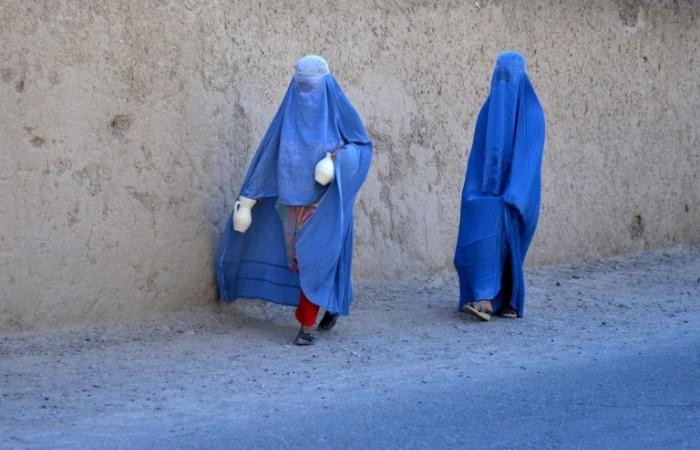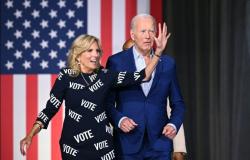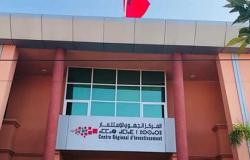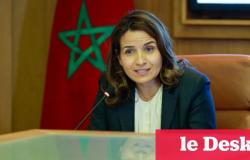The international community meets the Taliban in Doha on Sunday and Monday. The UN wants to see it as the “real start of a process”, but for civil society, the Doha III international conference “risks legitimizing the oppression” of Afghan women.
Doha I was organized in May 2023 without inviting the Taliban. For Doha II in February, they refused the invitation, demanding to be the sole representatives of their country – although since 2021 they have not been recognized by any state.
For Doha III, they seem to have won their case since civil society – and more particularly women and the organisations defending them – will not have a say in the matter until Tuesday, the day after official discussions between the Taliban, the UN and around twenty countries including the United States.
“If there are Afghans participating through different channels, it means that our nation is not unified,” Zabihullah Mujahid, government spokesperson who will take the Taliban delegation to Doha, told the press in Kabul on Saturday.
For Agnès Callamard, head of Amnesty International, “obeying the Taliban’s conditions to ensure their participation risks legitimizing their system of institutionalized oppression based on gender.”
Since retaking Kabul in the summer of 2021, the Taliban have barred young girls from access to secondary and university education, parks, sports halls and certain jobs. A “gender apartheid” for the UN.
– “Extremely damaging precedent” –
“Putting aside substantive human rights issues would be unacceptable and would set an extremely damaging precedent,” Ms Callamard said in a statement.
Afghan diplomats and activists also denounced the absence of angry subjects on the agenda.
The Taliban government’s foreign ministry insists that it will participate precisely because the discussions will focus on banking issues and private sector development.
These are two crucial areas for Afghanistan, one of the poorest countries in the world and also among the most vulnerable to climate change.
Also discussed, the ministry added, will be ways to replace poppy cultivation among farmers – a campaign that has recently led to hostile demonstrations by the Taliban, sometimes resulting in deaths and injuries.
As for human rights, the Taliban, who have banned all political parties, repeat over and over again that the rights of all citizens are guaranteed by Islamic law, of which they apply an ultra-rigorous version.
“We recognize that there are issues regarding women,” Taliban spokesman Mujahid said Saturday. But “these are Afghan issues” and, for that, “we are working to find a sensible path to solutions inside Afghanistan.”
“If the economy was doing well then all the other problems could be solved,” he added.
Opposite, 12 female politicians from around the world denounced a “shocking” exclusion of women, contrary to the UN charter. Activists call on participants to boycott Doha III and for protests in several countries.
Because some are already reluctant: a letter from the G7+ countries to the UN, consulted by AFP, expresses their “disappointment” with the Doha III agenda.
– “Discuss, not acknowledge” –
But, argued the UN Under-Secretary-General for Political Affairs Rosemary DiCarlo, “this is not an inter-Afghan dialogue.” “We hope for it one day, but we are not there yet.”
Responding to the accusations of legitimation, she hammered home again in front of the press in New York: “this is not a meeting to recognize, nor a meeting leading to the recognition” of the Taliban power. “To discuss is not to recognize.”
But for Nader Nadery, researcher at the Wilson Center based in Washington, “expecting major progress from Doha (III) is illusory”.
“Given past negotiations with the Taliban, contrary to what the international community thinks, they see each meeting as an isolated event and not as a step in a longer process,” explains the man who once negotiated with the Taliban on behalf of the previous government in Afghanistan.
With this conference, “they record a new success in their desire to force the international community to agree to meet them according to the conditions that they themselves set”, continues Mr. Nadery.
A few days ago, the head of Taliban diplomacy, Amir Khan Muttaqi, estimated that the invitation to Doha “shows that the international community understands a little more every day the importance and status of the Islamic Emirate of Afghanistan.
abh-sw-ash/sbh/lgo/bpi






